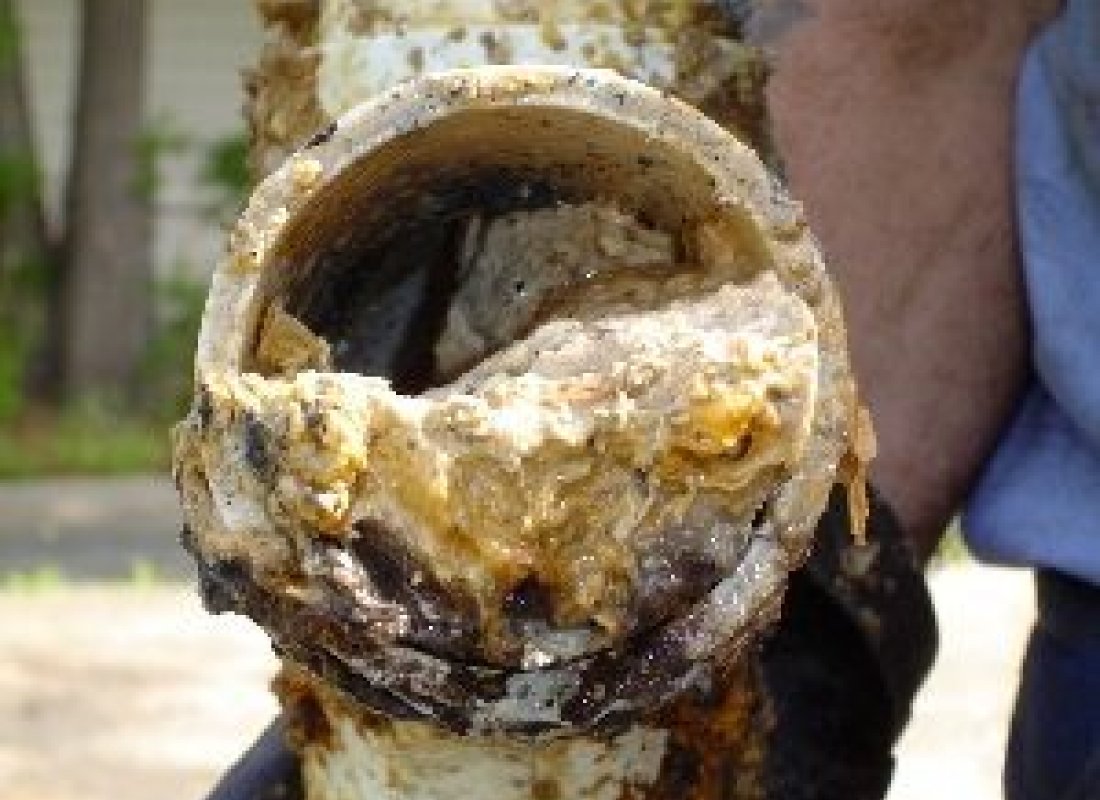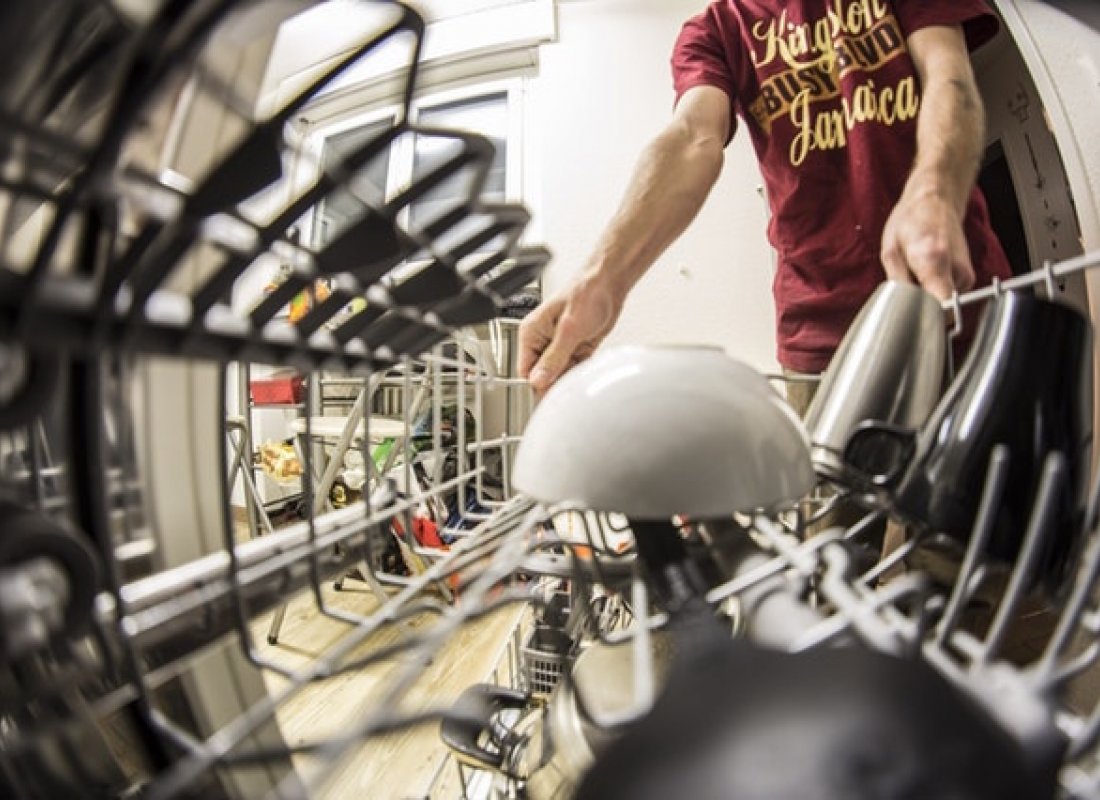HOW DO THEY DO IT?: Where grease goes after the fryer

As a "grease ninja," Dylan Gehrken has a dirty job. He's the founder and president of Greasecycle, a Raleigh-based company that recycles used cooking oil and kitchen grease, turning it from a smelly waste product into biodiesel, compost and clean water. _It might not be the most glamorous business, Gehrken said, but his company prevents grease from entering the wastewater system and contaminating the environment. It's important, he said. Gehrken founded Greasecycle in 2009, and since then it has grown to cover about 1,800 restaurants across th…
5 Signs Your Restaurant Grease Trap Needs Cleaning

If you own a busy commercial restaurant in North Carolina, then you’ve probably had your fair share of grease-trap related experiences. Often, these experiences are not good. One big reason for that is maintenance. A poorly maintained grease trap can lead to a lot of issues. Drainage clogging. Unpleasant Odors. Increased fire risks. Lost revenue due to closure. Health issues for your staff members and customers. Not to mention the high repair costs that follow. In order to avoid any of these issues, you must maintain your grease traps regula…
The Dangers of a Clogged Grease Trap

In any restaurant, the kitchen is often the most important part of the business. That’s because it’s where the magic happens. Everyone walking into a restaurant is there to eat. Keeping your commercial kitchen clean and healthy at all times is obviously a health and safety requirement. The busier the kitchens, the more effort and time you’ll have to put in for them to stay clean and operational. Grease traps form an integral part of all commercial kitchens. They not only help to keep the plumbing or drainage working smoothly, but they also eas…
5 Reasons Your Restaurant Should Recycle Used Cooking Oil

There is no denying it. Many of us have things we do every day that hurt the environment. Perhaps the most common habits include: Using plastic bags Sending recyclables to landfill sites Leaving the tap running Wasting paper Leaving the lights on Pouring harmful substances down the drain While this list is by no means exhaustive, one thing that often goes under the radar is used cooking oil. Because of the way oil spreads, even a small quantity can cause environmental harm. It’s estimated that there are almost 650,000 restaurants in America…
Restaurant Kitchen Cleaning Checklist

Do you often wonder how to properly clean your restaurant kitchen? If so, you might also be wondering about what you should do and when. Admittedly, cleaning a commercial kitchen is never an easy task. It requires much effort and attention to detail. Although, keeping it clean as well as maintained is something that needs to be done. A clean kitchen not only provides a safe and healthy workplace for your employees but it also gives your customers more reasons to come back. Unlike a residential kitchen, cleaning a commercial kitchen involves mo…